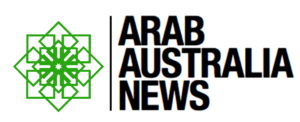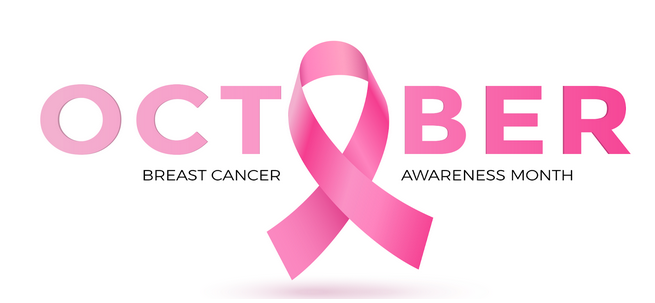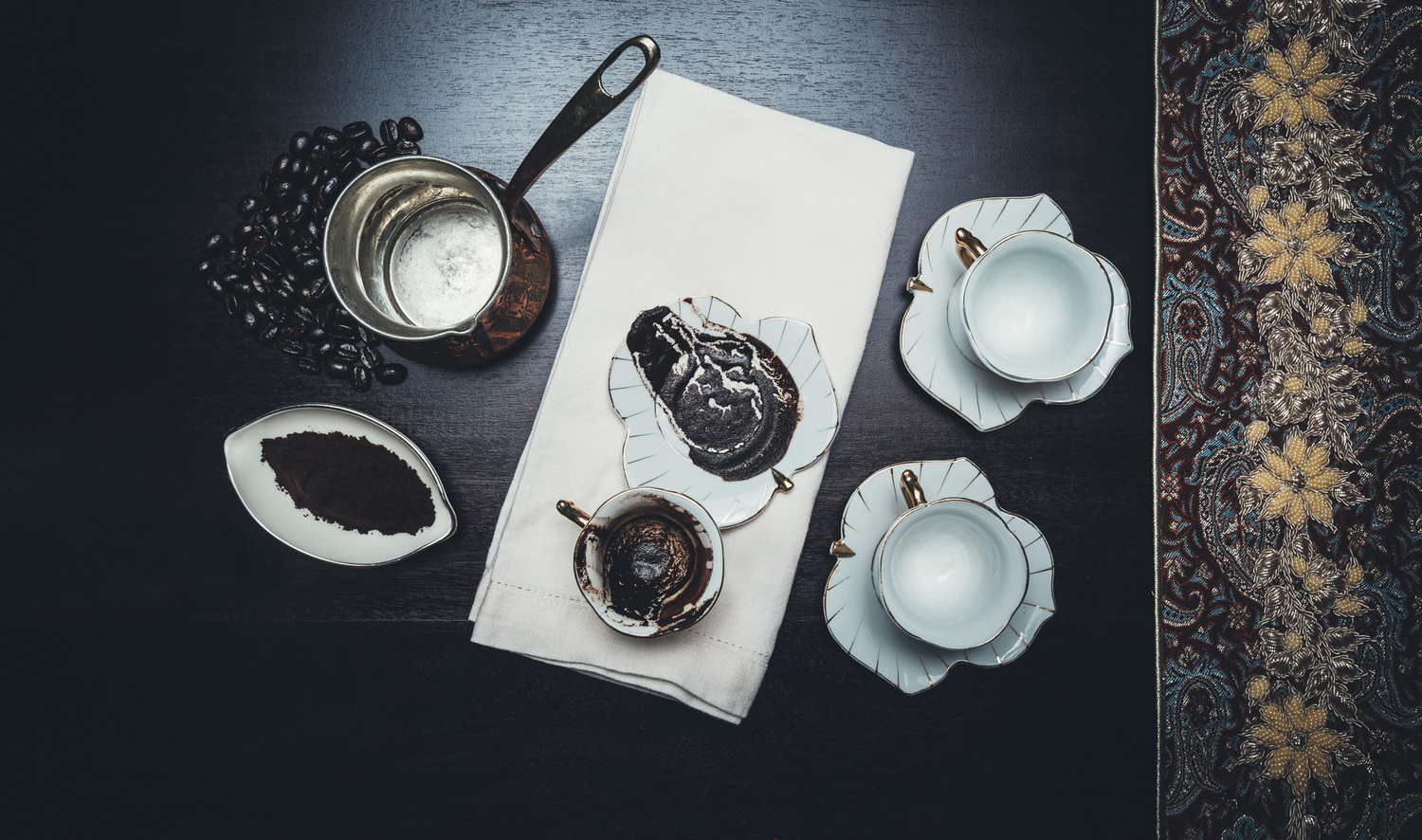Women from Arabic nations who live in Australia are being diagnosed with more aggressive, further developed breast cancers and experts believe that it is likely this is the result of them not getting regular checkups.
New research conducted by Dr Ghaith Helat, a breast oncoplastic surgeon from Westmead Hospital, has found women born in Arabic-speaking countries and now living in Australia are being diagnosed more and more with aggressive forms of breast cancer, and at later stages than those born in Australia.
The advanced cancers mean the women are also more likely to have to undergo chemo, or radiation therapy.
Arabic is an official language of 25 different nations around the world.
Dr Helat began the study in 2011 after observing the inconsistencies of type of cancers being diagnosed between his Arabic and non-Arabic patients.
Dr Helat who hails from Jordan himself, took it upon himself to speak extensively with each of his 140 Arab-born patients to better understand why they were presenting with more high-risk breast cancers. The study comprised of 2088 participants in total.
According to the study, “Arabic women present more often with symptoms of breast cancer, like a lump, rather than having it found through a mammogram”.
“Finding it through means of self detection often means the cancer is more developed”,he said.
Dr Helat’s research was unveiled recently at the Royal Australasian College of surgeons 88th Scientific Congress being held in Bangkok.
His findings have reverberated throughout many Arabic-speaking countries – where the incidence of breast cancer has substantially increased in recent years, and diagnosis is late.
For example, only one third of Qatari women are reportedly participating in any type of breast screening.
Dr Helat said many of these figures come down to the same issue – women from Arabic-speaking countries aren’t talking about breast cancer, and are avoiding getting checked and therefore Arabic women have a lower rate of attendance at breast screening programs. It is believed that this is due to language or cultural barriers.
Many women in Arabic speaking families simply do not talk to each other in the household about intimate topics like self testing for lumps in breast while in shower or talk about going for breast screening test or even know anyone who may have gone for breast screening test and therefore they do not have any peer experience to share with each other, which would have been very educational for the women.
Adele Murdolo, who is the executive director of the Multicultural Centre for Women’s Health in Melbourne faces the same dilemma. She has major concern about this trend which is not only found in Arabic women but other migrant women too.
She reports that this drop in screening rates across the board for migrant women even extends to women who have been in Australia for much longer period, like Greek and Italian women.
Australian Health facilities say they are attempting to improve the way they inform, and interact with migrant women. For example, many breast screening centres are solely run by female radiographers – who perform mammograms – in a bid to encourage attendance.
Interpreters are also available, and pamphlets in multiple languages can be accessed at most screening clinics.
Ms Murdolo also says peer education is the key and engaging in culturally relevant discussion is also imperative. She believes that women who have been through similar situations in migrating to Australia, who can understand the cultural context, and who are able to communicate in women’s language, is the very best way to communicate with women on that issue. She has already sent her mother, sister and niece in for a mammogram, and speaks openly with her friends and family.
She adds, ”Breast cancer is pretty much curable. We just need to make sure everybody knows how to catch it.”









